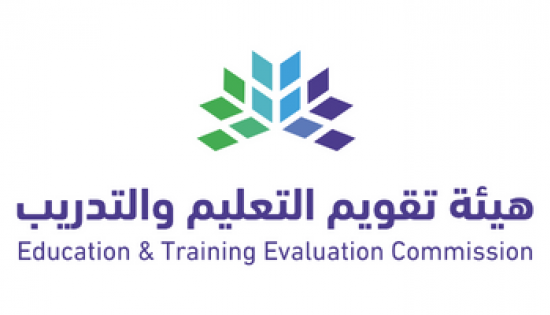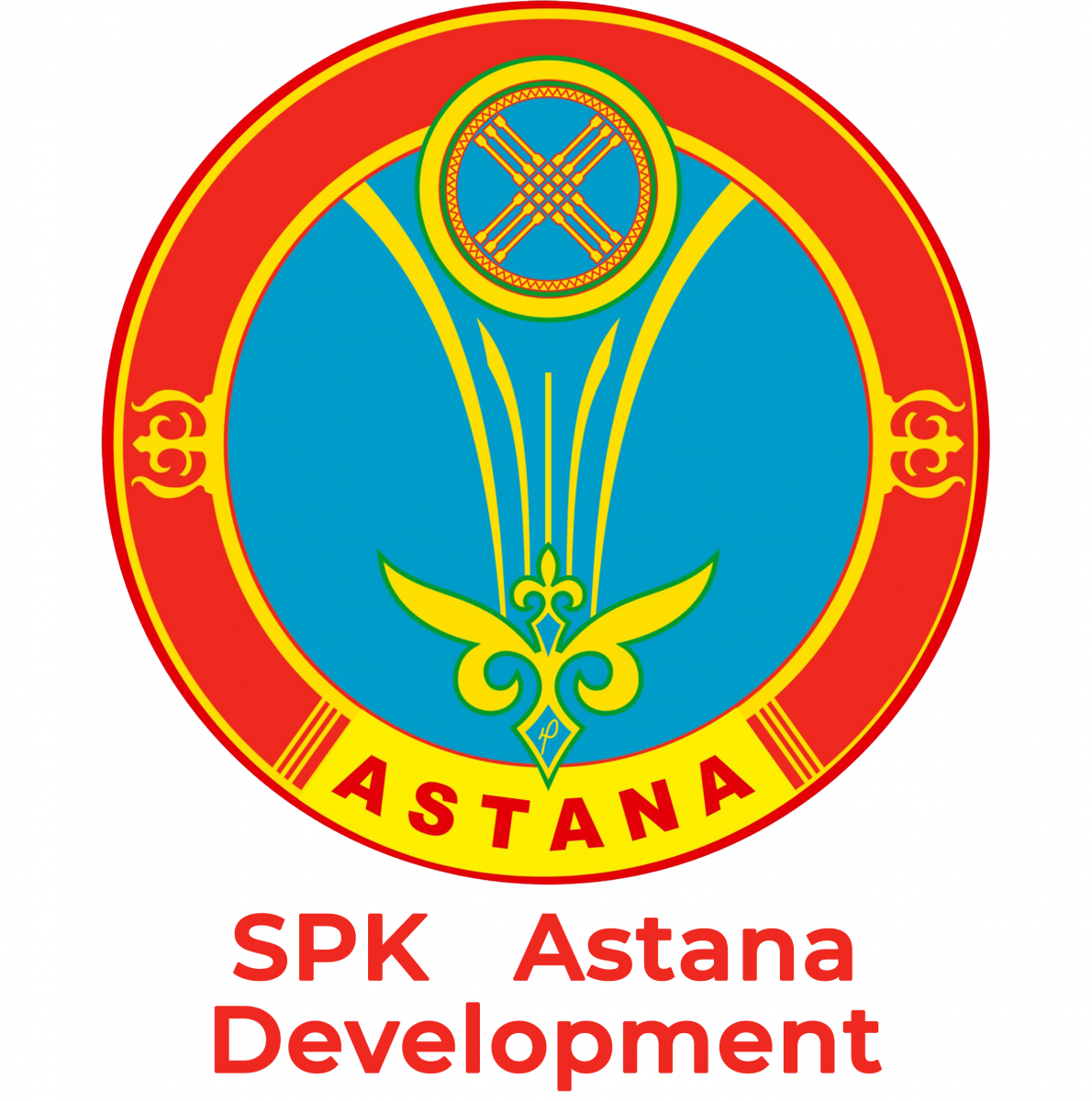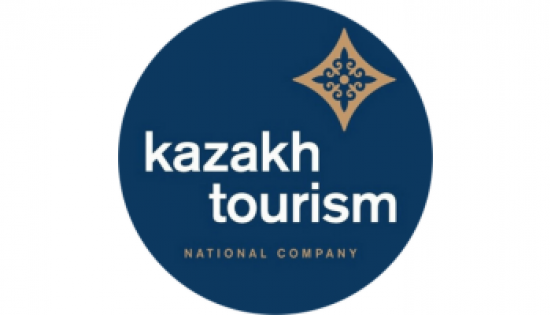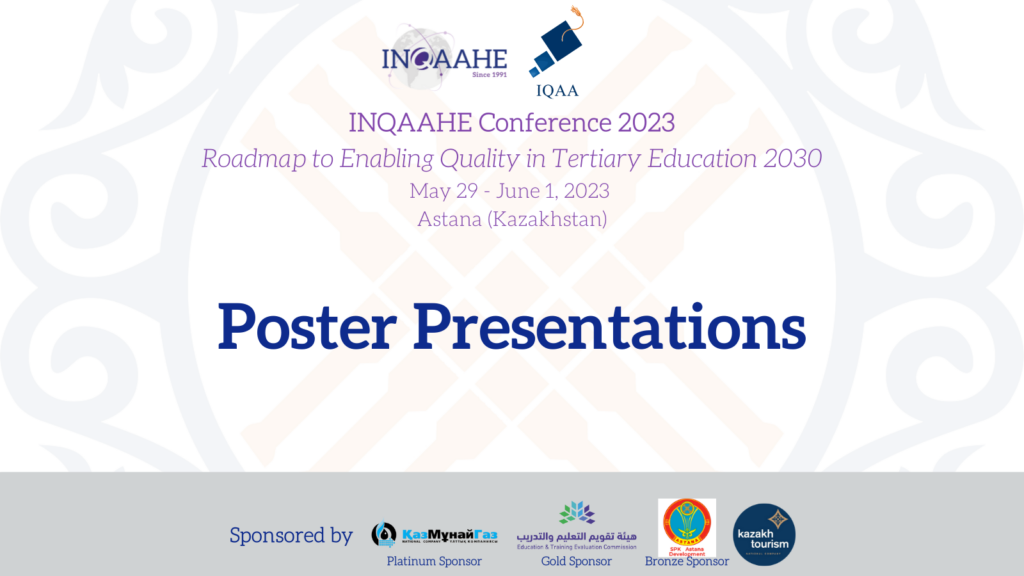
INQAAHE Conference 2023
Roadmap to Enabling Quality in Tertiary Education 2030
May 29 – June 1, 2023
Poster Presentations
The greening of Quality Assurance and Institutional Accreditation
Presented by Dr. Scott G. Blair, Director of Accreditation and Quality Assurance at AIAASC, Vice President of CANIE-Europe, and Affiliate at the Gateway International Group, LLC.
Greening the standards of institutional accreditation would provide colleges, universities, and business schools with the motivation they currently lack to address the climate crisis head-on. As such, this poster presents a research-based overview of the “greenness” of the most prevalent accreditation standards used in IHE today. It textually deconstructs accreditation standards, rates their eco-sensitivity, and provides carrots and sticks for strengthening accrediting bodies in line with the SDGs and education for sustainable development.
Independent assessment of education quality as a tool of external quality assurance of higher education in Russia
Presented by Dr Mikhail Petropavlovskiy, The National Accreditation Agency (NAA), Russia.
An independent assessment of education quality through Internet technologies based on assessment materials developed by the leading Russian universities was conducted in Russia in 2021 and 2022. The idea is that based on the assessment tools (developed by the Russian’s leading universities for assessing their students’ general professional competencies) to form generalized task banks and use them to evaluate relevant degree programs in other universities.
In 2021, a collection was made for 8 different degree programs, in 2022 – for 6 programs. The assignments selected by the experts were converted and used to fill a Unified Bank of Assessment Tools (UBAT).
Testing of students from Russian HEIs was carried out using an information system based on the Internet technologies.
Testing revealed that the knowledge level of students from the universities participating in the project complied with the Federal State Educational Standard (FSES). Simultaneously with testing, a students’ questionnaire survey in terms of students’ satisfaction with the content of study programs was conducted. Based on the survey results a high level of students’ satisfaction with study programs is determined.
Quality Assurance for Simulation-Based Medical Education in a remote setting in Rwanda
Presented by Ornella Masimbi, The University of Global Health Equity, Rwanda.
The University of Global Health Equity (UGHE) provides health professions education in a deeply remote setting of Rwanda, some 200 km from the capital city, with the goal of producing physicians who can improve health service delivery and act as change agents. Simulation-based medical education (SBME) proven to enhance clinical competence andpatient safety, is not common in East Africa, but at the UGHE,it has been implemented and integrated across all years of physician’s training.We describe our approach to quality assurance for SBME in this low-incomesetting.
Building a common conceptual framework for safeguarding and quality assurance in higher education
Presented by Deborah Fletcher and Tomlin Paul, The University of Global Health Equity, Rwanda.
Safeguarding concerns itself with protecting health, well-being, and human rights of individuals at risk enabling them to live safely, free from abuse and neglect. Ideally, safeguarding should be a well-established responsibility for higher education institutions (HEIs); however, universities worldwide have faced several safeguarding related challenges. This safe environment is achieved through the collective effort of individuals, groups, and the organization itself (the micro, meso and macro). For HEI’s to roll-out effective safeguarding they must go through the psychosocial processes of “intuiting, interpreting, integrating and institutionalizing”, the 4I’s.
Using the 4I’s framework, small changes take place as individuals process intuition and interpreting, while radical changes take place as they take collective actions through integration. By linking a theory of change for safeguarding with the 4I’s framework the authors critically consider the role the three levels (micro, meso and macro) play in effecting change.
If looked at as having an institutional goal to reduce risks and vulnerabilities, then quality assurance can be applied at the three levels, with its scope visualised to include inter alia safeguarding. Safeguarding, if similarly applied, could achieve a range of outcomes for which quality assurance is used to ensure that processes are followed, and standards maintained. There is therefore a dualistic relationship between safeguarding and quality assurance. This perspective of the 4Is operating at the three levels is a fitting context for applying safeguarding and quality assurance as essential institutional change agents. The authors suggest that HEIs should explore this synergy to enhance quality outcomes.
The development of a quality assurance system (QAS) as an innovative practice for strengthening tertiary education
Presented by Dr. Marisabel FIGUEROA and MSc Humberto LEON, Quality Assurance Directorate, Bernardo O’Higgins University, Chile.
Organisational dynamics and changes in the environment promote the need for rapid adaptation, and tertiary education institutions do not escape this reality, so that the quality assurance mechanisms implemented by them require greater systematisation to ensure compliance with the criteria, standards, values, regulations and procedures established, while also safeguarding the legal aspects that regulate universities and tertiary education.
The development of a process structure and its correct interrelation facilitates the management not only of quality, but also of other relevant organisational aspects. The articulation in a single system of the main processes and resources existing in the institutions makes it possible to consider and develop aspects such as leadership, culture, organisational design, principles and values, among others.
Quality assurance activities depend on the existence of the necessary institutional mechanisms, preferably underpinned by a strong quality culture, to provide assurance and accountability in the promotion of shared values and the development of innovative practices in times of rapid change and disruption of all kinds.
The poster presented highlights the importance of the process approach in a university and its contribution to strengthening tertiary education, shared values and innovative practices. This is amply demonstrated by the recognition granted to the SAC model, developed by the Universidad Bernardo O’Higgins in Chile, which since 2021 is patented under the concept of innovation patent and registered at the European Patent Office (EPO) and World Intellectual Property Organization (WIPO) (AU 2021105723).
Small but mighty: micro-credentials are extensive for the future of work
Presented by Muhammad Hasfarizal Kamaludin, Head of Public and International Affairs Unit, Malaysian Qualifications Agency (MQA).
The COVID-19 global pandemic has caused massive disruptions in many sectors of society including higher education. The outbreak has caused Higher Education Institutions (HEIs) and the Malaysian Qualifications Agency (MQA) to embrace online learning and online assessment due to the Movement Control Order (MCO). This paper presents the impacts and benefits of Micro-Credentials for the future of work from the findings of two enablers; which is the HEIs which act as the providers and the industries which act as the requesters. This supply to demand relationship between HEIs and industries are further supported by the policy and framework under MQA and Ministry of Higher Education (MoHE) Malaysia.
Quality Assurance for Flexible Learners: Experiences and Expectations
Presented by Dr. B S Ponmudiraj, Adviser, National Assessment and Accreditation Council (NAAC), India.
Needless mention the process of Assessment and Accreditation as a product of External Quality Assurance (EQA) Agency. In the Indian experience of quality of flexible learning pathways is of two ways, viz., capturing the essence of flexibility in the form of horizontal and vertical mobility of students, secondly multiple entry and multiple exit options for the learners. The National Assessment and Accreditation Council (NAAC) as a premier flagship EQA Agency of Indian Higher Education system being serving the society for the last 29 years in the form of Assessment and Accreditation of Institutions of Higher Learning in India has accredited over 9200 Higher Education Institutions (HEIs) in India. The quality assurance issues with respect to flexible pathways of learning environment in the Universities and Colleges revolve around technology and usage of technology.
Embrancing the use of technology in police training pursuant to sustainable development goal in securing and widening equitable access to quality assured training and supporting life-long learning
Presented by Ms. Carmen CHIK, Superintendent of Police, Hong Kong Police College, Hong Kong Police Force.
Practicality, timeliness and outcome-based are crucial in police training. The Hong Kong Police College (Police College) of the Hong Kong Police Force develops quality assurance (QA) from external accreditation to the current internal accreditation by building its institutional capability which is recognized by the statutory accreditation authority – Hong Kong Council for Accreditation of Academic and Vocational Qualifications (HKCAAVQ). To this end, Police College has initiated two interactive QA gatekeepers – Quality Assurance Mechanism and Internal Learning Programme Accreditation System. Facing a range of challenges, like pandemics, Police College embraces digitalization in its teaching and learning to incorporate into a blended approach without compromising quality aiming to provide inclusive and equitable training to all members of the organization and foster a potential platform for flexible life-long learning opportunities for all.
Insights into the OAAAQA practices: into further fostering the INQAAHE’s values
Presented by Mr. Moez Marrouchi, National College of Automotive Technology (NCAT), Oman.
While studying the practices of the Oman Authority for Academic Accreditation (OAAA), now changed to be the Oman Authority for Academic Accreditation and Quality Assurance of Education (OAAAQA), with regard to Higher Education Institutions’ (HEIs) accreditations in Oman, to make a clear contribution to the literature of quality assurance in general and academic accreditation in Oman in particular, this study aims at revealing how this sole accrediting body’s practices promote the INQAAHE’s values. Based on nonnumerical data, where the literature about accreditation and observation are largely involved, the presenter gives a thorough overview of the current accreditation system and analyzes the roles being played by the OAAA, now called OAAAQA, in disseminating and fostering the culture of quality assurance among the HEIs as well as accrediting them. The presentation concludes that the OAAAQA mechanisms culminate in promoting the values of inclusiveness, integrity, independence, academic freedom, collaboration, internationalization, and diversity.
The University of Global Health Equity, Rwanda partnering on Roadmap 2030 for quality in health professions education
Presented by Tomlin Paul and Abebe Bekele, University of Global Health Equity.
The University of Global Health Equity (UGHE), Rwanda is an educational initiative started in 2015 in the a remote district, with the objective “to strengthen health systems and radically change the way health care is delivered around the world by training global health professionals to deliver more equitable, quality health services for all.” UGHE’s flagship programs the Master of Science in Global Health Delivery (MGHD) and the Bachelor of Medicine; Bachelor of Surgery/Masters in Global Health Delivery (MB BS/MGHD) have successfully leveraged over forty partnerships across academia, public and private sector for successful delivery. In 2022, UGHE received the ASPIRE-to-Excellence Award for its “Inspirational Approaches to Health Professions Education” from the Association for Medical Education of Europe (AMEE). This recognition is based on work in place-based health professions education promoting innovative pedagogy and a mutually rewarding community engagement. The overall educational approach follows principles consistent with UNESCO’s 2030 roadmap.
The right of quality assurance in Chilean universities through strategic direction and management models
Presented by Claudio Ruff Escobar, Bernardo O’Higgins University rector.
The heterogeneity of the education system involves a series of challenges when developing quality assurance mechanisms involving both government and private agencies.
In 2007, University Bernardo O’Higgins (UBO) participated in the accreditation process led by the National Accreditation Commission, motivated by its commitment to quality education as a right (along with the right to access higher education). Since then, UBO has developed a quality assurance system based on a Strategic Direction Model and its application in institutional management. From the application of these models, UBO positioned itself in international rankings that measure quality in higher education.
This proposal aims to present the Strategic Direction Model created by the government of UBO, which is observed through its positioning in international rankings. Furthermore, this proposal seeks to critically examine the management and quality assurance mechanisms in Latin America and the world so that improvements can be incorporated into the models developed.
Measuring students’ critical thinking mindset and reasoning skills at an American-style university
Presented by Dr. Hayfa Jafar, Director Institutional Effectiveness, American University of Iraq-Sulaimani.
The importance of critical thinking (CT) is echoed by educators, employers, policy makers, and accreditation and quality assurance bodies, which emphasize the need to measure the learning outcomes related to these skills. Echoing this idea, our in-progress study uses a mixed methods, case study approach to assess the development of critical thinking and reasoning skills among students studying at an American-style university located in Kurdistan Iraq. To inform the interpretation of the assessment results, students and faculties’ perception of critical thinking will be investigated through in-depth interviews conducted in the spring semester of the academic year 2022-2023. This study is an exploratory one and uses the standardized test approach along with the above-mentioned interviews to assess the development of critical thinking and the factors that contribute to or hinder this process. Since the university adopts a liberal arts philosophy, this project is critical to ensuring the fulfilment of the university’s mission to cultivate students’ critical thinking skills.
Developing a robust internal quality assurance system: Small Island Developing State challenges and dilemmas
Presented by Dr Mohamed Shareef, (Vice-Chancellor), Aishath Shaheen Ismail, (Deputy Vice-Chancellor -Academic Affairs) and Dr Aminath Shiyama, Quality Assurance Controller, The Maldives National University (MNU), Maldives.
In the Maldives, a Small Island Developing State, The Maldives National University (MNU), is the largest and the first public university. While at MNU we face numerous challenges associated with the smallness of the country, over the recent years our commitment to quality assurance in higher education has intensified. The evolution of MNU 50 years ago, by coalescing various discipline-based institutes in the country gave MNU a unique fusion of various quality assurance processes which up until recently has not been made explicit nor harmonised.
In this presentation we will share how MNU with its history and distinguished standing in the country organised itself in developing an internal quality assurance framework. This process has enabled the development of a robust quality assurance culture especially one where students’ voices are at the forefront demonstrating MNU’s values for inclusivity and collaboration of all our stakeholders in the process.
Institutional audits in South African Higher Education: 2021-2022
Presented by Drs. Britta Zawada, Sanele Nene, Bongiwe Hobololo and Precious Sipuka, Council on Higher Education, South Africa.
The Council on Higher Education (CHE) in South Africa was legislated into being after the dawn of democracy in South Africa by the Higher Education Act (Act No. 101 of 1997, as amended) with a variety of mandates, roles and responsibilities with its role confirmed through the National Qualifications Framework (NQF) Act (Act No. 67 of 2008, as amended). In this session, the focus will be on the institutional audits of public universities that took place in 2021 and 2022. The first presentation sketches an outline of the institutional audits and reports on survey questionnaires that were conducted. The second presentation explores one of the themes that emerged during the audits, namely the career development trajectories of academic staff in public universities in South Africa. The third presentation explores a second theme, namely the issue of staff wellness during the pandemic that emerged from the institutional audit process.
Quality Assurance Issues & Practices in Higher Education Institutions in India with special reference to National Assessment and Accreditation Council (NAAC) accredited institutions
Presented by Dr. Ruchi Tripathi, National Assessment and Accreditation Council (NAAC), India and Dr. B S Ponmudiraj, Adviser, NAAC, India.
Quality assurance is paramount important for maintaining the quality of higher education institutions. This paper focuses on quality assurance aspects, the core areas of functions and activities of higher education institutions. An innovative and relevant framework has been designed by Indian accreditation agencies National Assessment and Accreditation Council (NAAC) which serves the basis of quality indicators which helps in getting employment/selfemployment/entrepreneurship for the students of higher education institutions. Indian institutions are assessed and accredited based on seven criteria related to curricular aspects, teaching learning and evaluation, research innovation and extension, infrastructure and learning resources, student support and progression, governance leadership and management, and institutional values and best practices. The data collected by NAAC for higher education institutions based on responses provided by the institutions have been taken into account for analysis purpose. The analysis has been carried out separately for universities and colleges, region and state wise.
Transformation of tertiary education: role of QAS in formation and enhancing students innovative’s competencies
Presented by Nadezda Abbas, UBO, Chile.
Nowadays we live in fast changing society where not only learning and training have become vitally important, but an ability to innovate as well. That innovative competence is demanded by the labour market, the public, state and the employees themselves, and the education system recognizes its importance and plays a central role in the development of innovative skills. However, some modern studies show that higher education institutions cannot meet these requirements. In these circumstances the role of internal quality assurance system has risen significantly. One of the main tasks of modern higher education is to create conditions for the formation of innovative competencies among young people. Innovative competencies presuppose the development of an adequate attitude to innovation, to a situation of uncertainty, the ability to react quickly in such conditions and make competent decisions ahead of time. The topic highlights QAS contribution in formation of innovative competity.
INQAAHE Conference 2023 is sponsored by KazMunayGas, a platinum sponsor, the Education & Training Evaluation Commission (ETEC), a gold sponsor, Astana Development, a bronze sponsor, and Kazakh Tourism.






